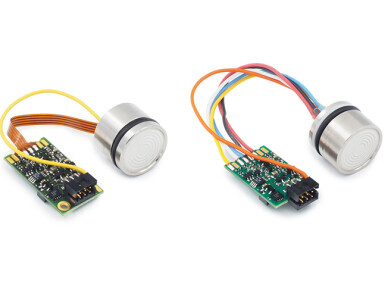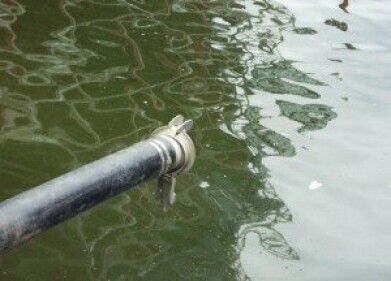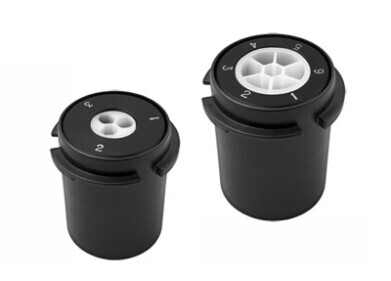Water/Wastewater
University expert analyses issue of microplastics
Jun 13 2023
The harmful impact of microplastics on the environment as well as on wildlife and marine life is a growing global concern. But what are microplastics, why are they such a problem and what can be done to reduce the pollution they cause? Associate Professor in analytical chemistry and forensics at Kingston University Dr Rosa Busquets, who has published multiple papers on the topic of microplastics, explores these questions for World Ocean Day .
Microplastics are plastic particles which are less than five millimetres in length and can be as small as the thickness of a single hair, even a bit smaller. We most commonly find them in water from our washing machines, as a result of synthetic fibres shed from clothing and the inability of wastewater treatment plants to remove theses fibres effectively. Through my research carried out collaboratively with international teams microplastics have also been identified in roads, reservoirs, rivers, wetlands, estuaries and seas – demonstrating just how widespread the problem is.
From studies involving organisms, we know that microplastics can cause inflammation, which is a common step in many diseases. A recent study done in mice has shown that microplastics can cross the blood brain barrier, and they have been found in human placentas. Our research is showing that aquatic organisms commonly have microplastics in their intestines and they are not growing as expected, becoming thinner. This is most likely due to plastic fragments filling their stomach and giving them the feeling of satiety. We still don’t know the full extent of the issue but it is already clear much more needs to be done to tackle it.
A few years ago, there was a real emphasis on microbeads that were being used in items such as facial scrubs and soaps. The United Kingdom banned microbeads in beauty products and that has certainly made a difference, but there is still much more to do as microbeads were thought to be the main problem then, but we have realised since that they were not and only make up a small percentage of the microplastic problem (7% of the microplastics in freshwater). The main reason for this is the steep increase in plastic consumption across the world, and wastewater treatment not being prepared for removing completely synthetic fibres is contaminating the aquatic ecosystem and wildlife. There is a huge amount of plastic in our oceans that will eventually degrade to plastic particles. As part of a team in the UNEP, I am reviewing how changes in the ozone layer can affect the degradation of plastic to microplastics and beyond.
Some plastic use, of course, makes sense, such as medical equipment in GP surgeries and hospitals, however it does not make sense to use plastic netting around a bag of oranges or to hold cans of drink.
Manufacturers use a wide range of polymers, but one positive step would be to only use polymers that we know how to treat. Plastics with low density are a main problem in water treatment because they can’t be removed effectively – so we should avoid using these.
I’ve done a lot of microplastic monitoring as part of my research, but it is time consuming and resource-intensive to do this analysis and the process can be very slow. I’m now working with colleagues, including environmental scientists and civil engineers, on new methods that will speed this analysis up and allow me to look at the concentration of microplastics expressed as mass of microplastics per volume of sample rather than number of plastics per volume of sample. We have also been given permission to go to a wastewater treatment plant in Saudi Arabia to jointly assess their treatment, which will allow us to see how effective their methods are and whether it can inform efforts to improve the treatment there , in the UK and elsewhere.
Digital Edition
Asian Environmental Technology 27.2 - April/May 2023
May 2023
In This Edition Business News - Celebrating The Life Of A Gas Measurement Industry Icon - A New Home For Gas Sensor Specialists - Envea Completes The Acquisition Of Hycontrol Ltd Environ...
View all digital editions
Events
Jul 02 2023 Albena, Bulgaria
Jul 04 2023 Cardiff, UK
Jul 05 2023 Johannesburg, South Africa
Jul 11 2023 Shanghai, China
Jul 11 2023 Lagos, Nigeria






















